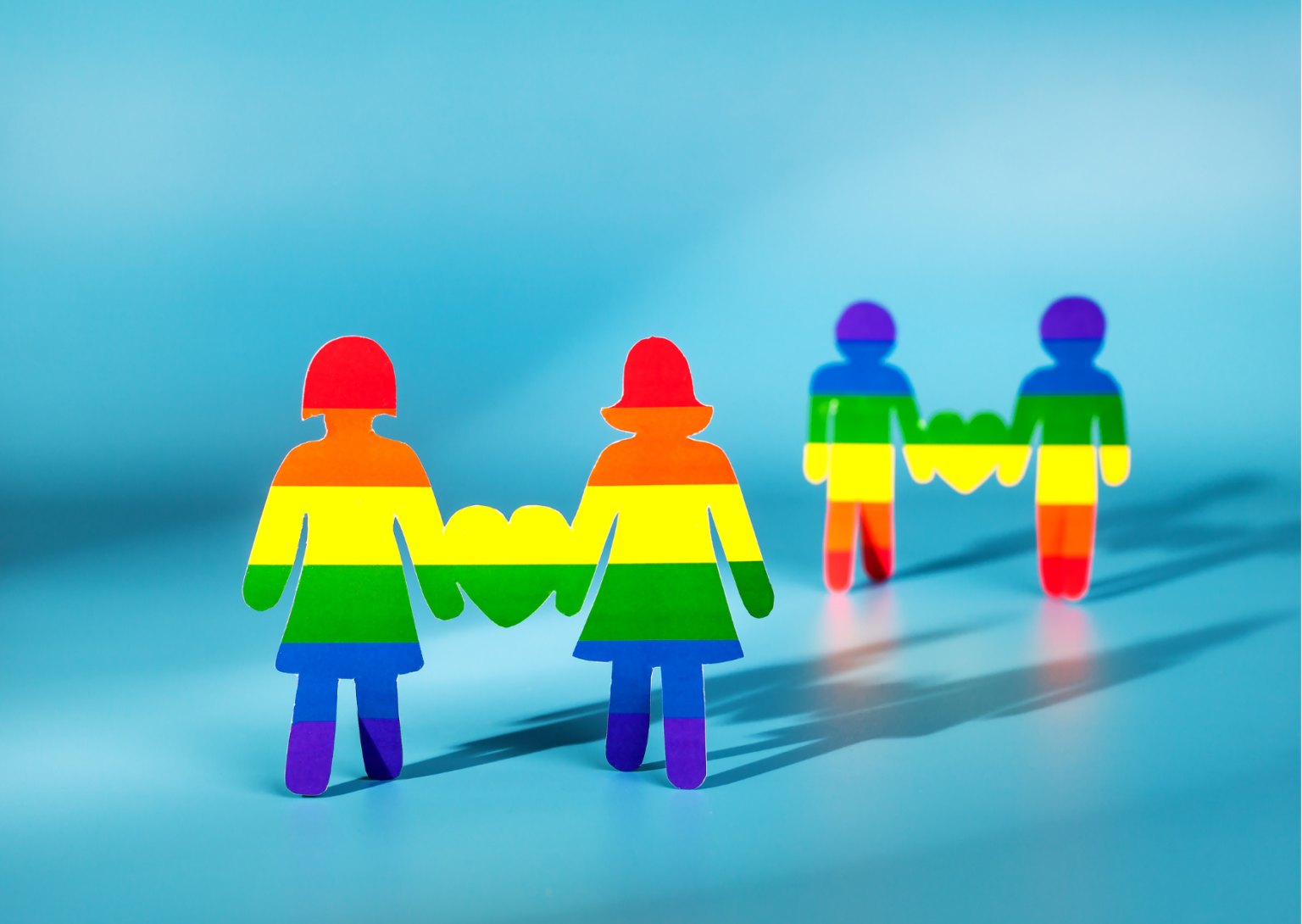New Delhi, April 27.
The government of India on Thursday promised everything short of legalizing same sex marriages to the LGBT community while claiming that homosexuality could be an “acquired trait” too.
A top court bench, led by Chief Justice of India D.Y. Chandrachud, is hearing multiple pleas to recognize same sex unions or accept the idea of marriage equality between homosexual and heterogenous couples.
After days of hearing the issue, the court today conceded the government point that allowing such unions through a court order would necessitate huge changes in multiple gendered laws and run contrary to personal laws (which are now a part of laws such as the Special Marriage Act) as well.
The bench also accepted the government argument that because of the socio-legal complexities involved in the issue, it was best left to Parliament to legislate.
It would require a massive overhaul of every other law (at least 160 of them) and the Special Marriage Act, Solicitor General Tushar Mehta suggested. Such a comprehensive exercise ought to be left to parliament, he argued.
The Solicitor General, however, held out the promise of extending all social welfare benefits to the members of the community, and a life of dignity short of legalizing such unions.
The SG was responding to a court request to ponder over the what a welfare state ought to do while rethinking on replacing the Victorian philosophy which criminalized homosexuality with “our civilizational philosophy” which was very accepting of the community.
The top court had decriminalised all adult consensual sexual behaviour in 2018 by reading down the Victorian Section 377 of the Indian Penal Code.
“It’s been over five years since. Have you thought about replacing Victorian philosophy with our civilizational philosophy,” Justice Sanjay Kishan Kaul asked the SG.
CJI Chandrachud also sought to know if ministries such as social justice were thinking about how to extend all help to the LGBT community by way of social welfare schemes.
“There has never been a bar on such marriages in our society,” CJI Chandrachud said referring to our civilizational history as reflected in our sculptures.
Can such couples nominate each other in insurance forms, bank accounts etc, he asked the SG. Justice Ravinder Bhatt also asked the government to consider the issue from a “human angle”.
To which the SG said: “Administratively whatever we can do, we will do. These are human concerns. The government of India shares these concerns.” He, however, drew the line at recognizing such couples or giving them the right to adopt or have families.
The SG controversially raised the bogey of personal laws of different communities to justify the government refusal to back such unions.
He also pointed out that the exercise would logistically require a complete re-engineering of the Special Marriage Act which contains some bars on allowing family members to marry.
These are personal laws which have been included in the Special Marriage Act by legislative wisdom, he maintained.
Allowing same sex couples to marry may open the window for incest, he suggested. It would also make laws, which allow women to benefit from anti-dowry and anti-rape laws, useless, he suggested.
At another point, he said that though homosexuality is supposed to be an innate, natural trait, it could be “acquired” as well. “These are all theories,” he said.
“Any expression of love doesn’t need an institution,” he said. The state need not regulate such things. “The state can only regulate if it recognizes.” He also argued that the LGBT movement was too recent and hence no data exists regarding the community.

